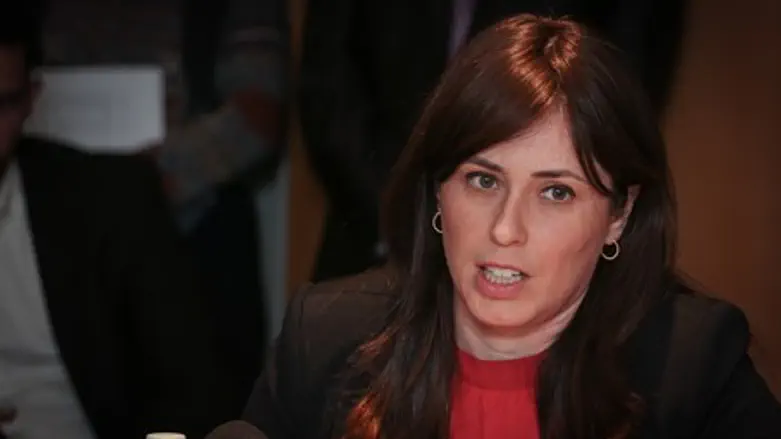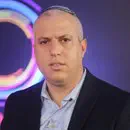
Deputy Foreign Minister Tzipi Hotovely (Likud) says that the appointment of Dani Dayan as Israel's Consul General in New York is a major achievement for Israel.
"I think that Dani Dayan's appointment is, in a sense, a much more meaningful appointment than making him the ambassador in Brasilia," she told Arutz Sheva.
She added, "Despite Brazil's great importance, ultimately it's impossible to ignore the financial and business capital of the world combined with the ability to influence the country with which we have the most important strategic partnership. The diplomatic loudspeaker, as I would put it, that will come out of Dani Dayan's mouth will be heard much more in New York. I truly think it's a case of 'out of the tough, something sweet.'"
Yet it looks like the the Consul has much less influence on the US than the Ambassador
"The hierarchy in the Foreign Ministry is very clear. The Consul General in New York is equivalent to the ambassador in a large and important state. It's completely clear that this isn't just some consul general - it's a person who oversees all the connections with the US media and all the Jewish organizations. It's the second American capital."
What about the appointment in Brazil? Will another ambassador be chosen soon?
"Right now there is no decision on this. We are working separately. This was a fundamental issue. The State of Israel wanted to make it clear that no one would be rejected because he has a background in Judea and Samaria. So this goal was achieved. As for Brazil, we have a crisis involving a country undergoing a difficult political process but the main point has been made. Someone who is a "settler," and maybe a symbol of "settlements" will be our ambassador in a very important and strategic location."
According to your answer - do I understand correctly that there is no plan to fill the position of ambassador in Brasilia at the moment?
"It's possible that, for now, we have an interest in doing so. As long as these political conditions remain, we may let the tension continue in order to show that we see it as a very serious issue, rejecting a person for his geographical background.
"Last week the UN Human Rights Council passed another anti-Israeli resolution - this time about creating a blacklist of businesses that support communities in Judea and Samaria.
"We had a discussion about this in the Foreign Minister. First of all, it's not going to be complete by tomorrow morning. Whoever chairs the Human Rights Council in Geneva needs to put together a list of businesses involved in building the communities."
How do you fight a decision like this?
"The Foreign Ministry is already beginning to put pressure on commercial entities and US officials to explain that this isn't simply part of the international BDS movement and that we won't let it happen. The resolution's implementation is also very far away. It's a statement that has not yet been put into action and there is still a year until it is actualized, if at all. We tend to get overexcited over these things."
Despite this, it seems that the international community, and especially the UN, is acting in an anti-Israeli manner. And the Palestinians are trying to take advantage of it.
"The Palestinians are in a position of very deep despair, because they understand that have effectively lost the world's support. They understand that they have no more tools - the world is up to its neck in the fight against radical Islamic terror alongside Europe's deep refugee crisis. They are trying to darken the State of Israel's image. We are very far from setting new precedents. Everything happening now has also occurred in the past."
Take, for example, the issue of the IDF soldier in Hevron - pictures like that always provoked world opinion.
"The international arena is barely dealing with it. The only reaction was to the furor it raised within Israel. The world found it much less interesting than we did. In many cases it's stories we tell ourselves. I call it "homemade propaganda."
What about Europe trying to intervene between us and the Palestinians?
"Countries need to talk in the language of interests. It's completely clear that all solutions to the political issue raised over the past few years are solutions that would ultimately bring radical Islamic terror to Israel's eastern border. And there is no European leader who can convince the country to commit suicide by bringing ISIS to our border."
And the French initiative? Does it have a chance?
"The French initiative encountered a very active opposition from the US. It won't be fulfilled - and it was more of an attempt by France to have some control in the Middle East than an effort to change the reality."
